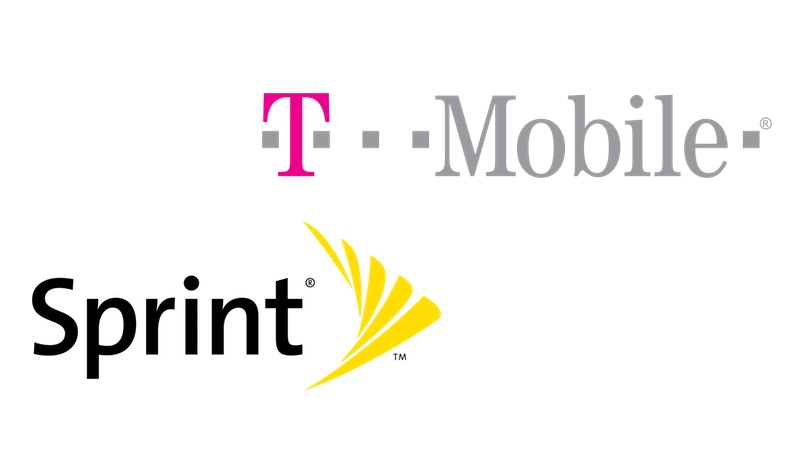The merger of Sprint and T-Mobile passed a major hurdle on Friday, as The U.S. Department of Justice announced is has approved the $26 billion-plus deal. However, it’s not all smooth sailing ahead, as a lawsuit from 13 state attorneys general is still pending.
The terms of the agreement will see Sprint divesting itself of several of its prepaid carrier brands, including Boost Mobile and Virgin Mobile. Perhaps more significantly, both Sprint and T-Mobile will be giving some of their wireless spectrum to Dish Network, as well as 20,000+ cell sites and hundreds of stores. Dish is paying $1.4 billion to claim Sprint’s prepaid operations, and $3.6 billion for wireless spectrum.
As expected, Dish will also have access to the T-Mobile network for seven years while it builds out its own 5G network and services.
While the DoJ approval was a major hurdle to clear, the merger can’t be finalized until a lawsuit from 13 state attorneys general and the District of Columbia is settled. Although a preliminary trial date of October 7 has been set, the date could end up being as late as December 9.
The case is related to a claim of a lack of competition in the national wireless space. However, since Dish will basically become a fourth major carrier, there may not be a reason to continue the legal action.
“We’re reviewing the announced settlement, but our bottom line remains the same: protect consumers and competition,” a spokesperson for California Attorney General Xavier Becerra told CNBC.
Democratic FCC Commissioner Jessica Rosenworcel in a post on Twitter viewed today’s news with skepticism:
“Today the Department of Justice gave its blessing to the largest wireless merger in history. I remain skeptical that this combination is good for consumers, good for competition, or good for the economy. Before the @FCC votes on this new deal, the public should have the opportunity to weigh in and comment. Too much here has been done behind closed doors.”
This is the third merger attempt by Sprint and T-Mobile. The first attempt, in 2014, failed due to regulatory issues, and the second attempt failed due to Japan’s SoftBank’s reluctance to give up its control of Sprint.


